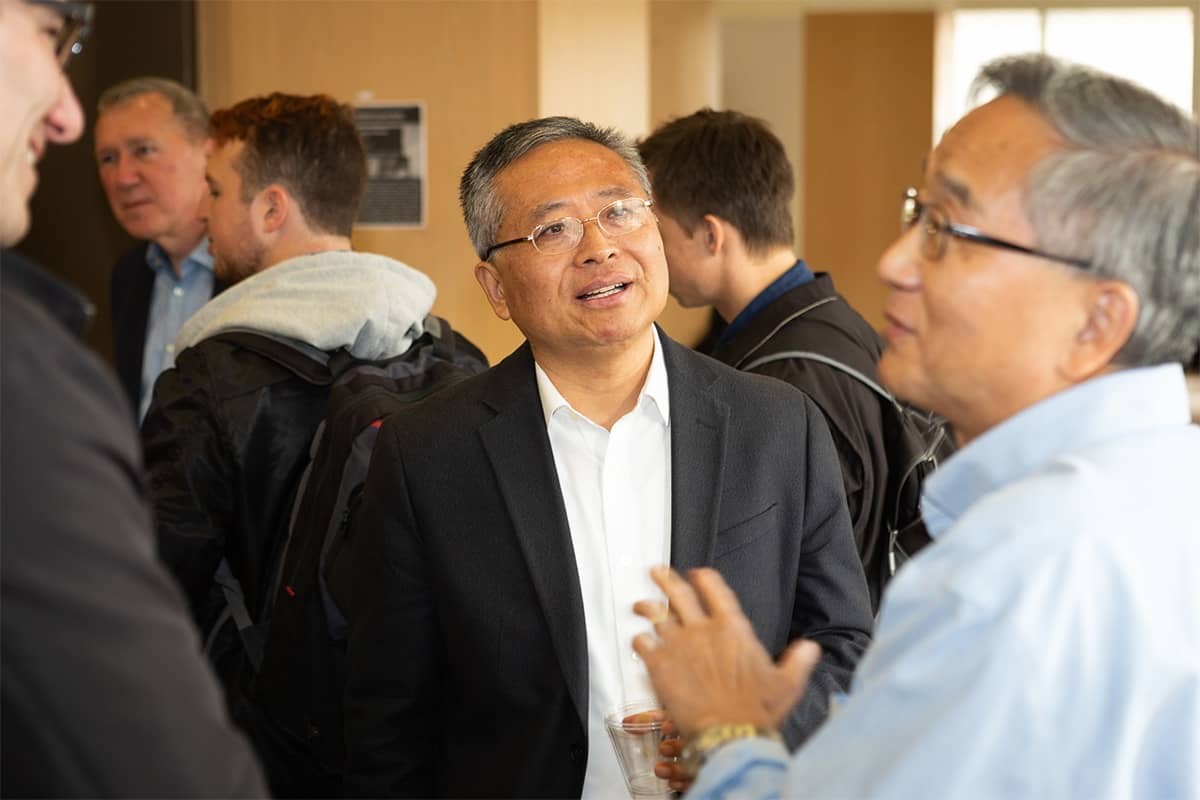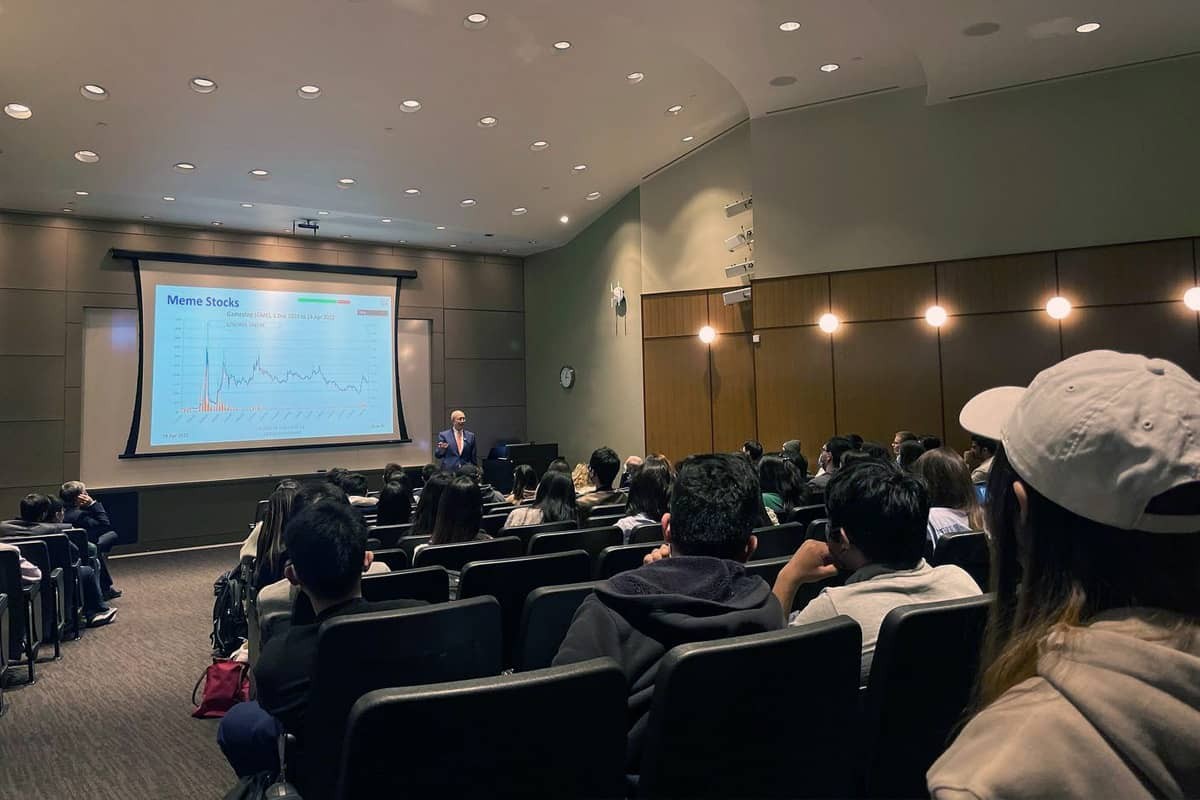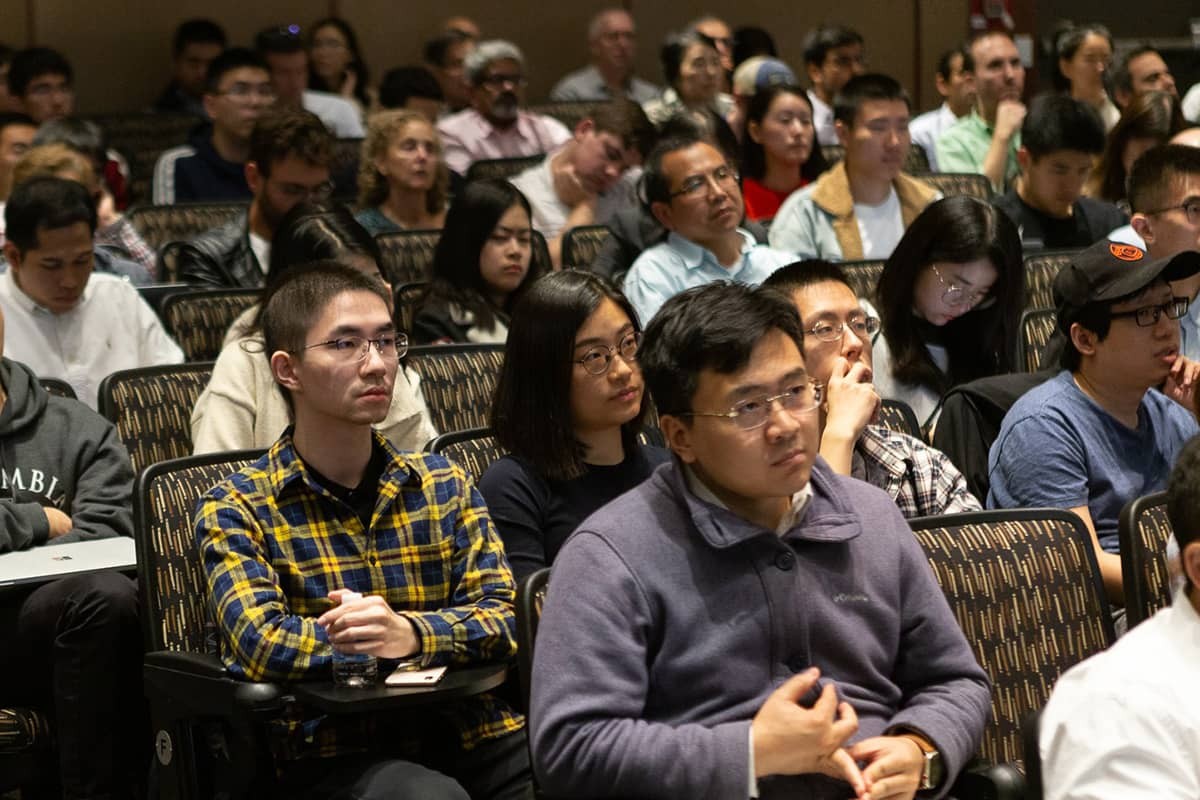Centers
In addition to the centers below, much research in IEOR is done in collaboration with the Data Science Institute.
The objective of the Center for Applied Probability is to provide an umbrella under which diverse research and educational activities in probability and its applications can be focused and supported, especially at Columbia University, but with a view to local, national, and international visibility.
The Center for AI in Business Analytics and Financial Technology (FinTech) helps institutions and organizations leverage the immense resources within Columbia University’s School of Engineering and Applied Science to incubate ideas and develop innovative solutions to hard problems that can be taken to the marketplace.
The Center for Digital Finance and Technologies seeks to advance the digital transformation of financial services for higher efficiency and security, increased accessibility, and greater social responsibility
The Center for Financial and Business Analytics develops analytical and computational tools to manage risk and to support decisions using the growing volume and variety of data available. It is a community of more than 40 affiliated faculty researchers from nine departments across the Graduate School of Arts and Sciences, Columbia Business School, and Columbia Engineering.
The Center for Financial Engineering was established at Columbia University with the goal of encouraging interdisciplinary research on financial engineering and risk management. It also promotes collaboration between Columbia faculty and financial institutions through the organization of research seminars, workshops and the dissemination of research conducted by members of the center.
To understand systemic failures and learn from them, one needs to go beyond analyzing them as independent one-off accidents, and examine them in the broader perspective of the potential fragility of all complex systems. One needs to study the disasters from a unifying systems engineering perspective, so that one can thoroughly understand the commonalities as well as the differences, gain insights about the system-wide breakdown mechanisms in order to better design, control and manage such systems in the future. In the Center for the Management of Systemic Risk, we conduct such transdisciplinary research.
Computational Optimization Research Center researchers carry out advanced studies in the solution of difficult, large-scale optimization problems, with special focus on state-of-the-art implementation of modern algorithms. We are primarily interested in the solution of problems with practical relevance, and we actively seek collaboration with industrial partners.
The research of the Nie Center for Intelligent Asset Management focuses on the exploration of theoretical underpinnings and modeling strategies for financial asset management through the introduction of dynamic control and big data analytical techniques.








